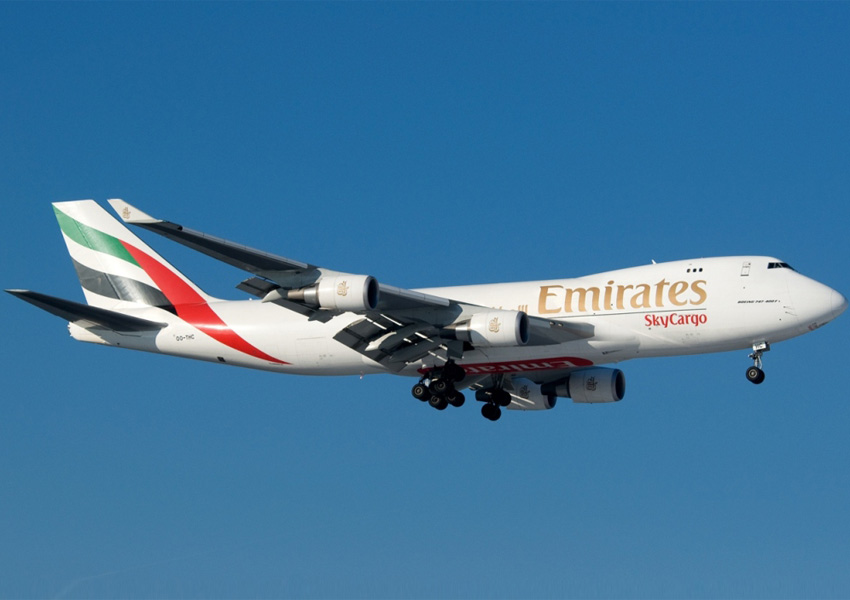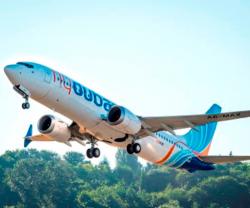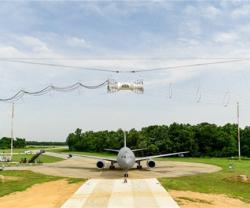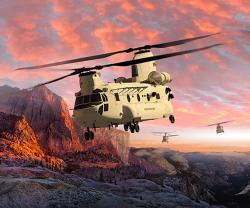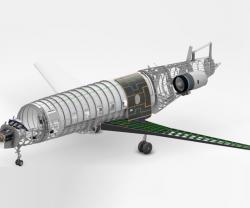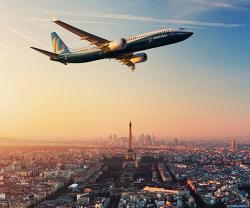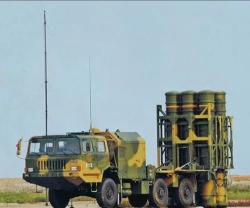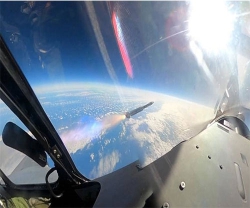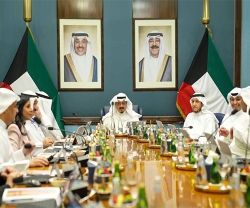The slowdown won't affect financial forecasts for Boeing, analysts said, because production of the jet is so limited. Only about 50 planes, with a list price of $357 million, are currently on order.
Analysts expect Boeing to report solid third-quarter results on Wednesday, and many predict its stock, currently at record levels, will continue climbing.
The rate reduction reflects declining use of the 747 and to a lesser extent its newer rival, the Airbus A380 superjumbo. Rather than flying those large four-engine jets, many airlines prefer to fly slightly smaller twin-engine planes that are easier to fill and burn less fuel.
The decision also reflects Boeing's prescience in deciding to build the 787 a decade ago. While Airbus developed the double-decker A380, which carries 525 people in some configurations, Boeing correctly predicted that airlines would want long-range, twin-engine planes that can fly direct, point to point routes, rather than carrying passengers through hubs where they would have to change planes.
Boeing focused on building the 250-seat 787, and extending its best-selling 777 to fly farther and carry about 368 passengers. Airbus is due to deliver the first of its A350 family, which will eventually carry up to 350 passengers, starting next year.
The 747-8 carries 467 passengers in a typical configuration, and the company said it continues to invest in the plane, which has engine technology derived from the 787.
But sales have been slow. Only 107 of the 747-8 model have sold, and 56 have been delivered. So far this year, Boeing has received just five orders for the 747-8. Five older orders were canceled, however, leaving no new orders. The biggest buyer of the passenger version is Deutsche Lufthansa AG, with 19.
Moreover, the jet's use as a freighter also has been limited by weak cargo demand, although Boeing said it expects that market to recover next year.
Nippon Cargo Airlines, Cathay Pacific Airways and Cargolux Airlines International, are the biggest buyers of the freight version, with more than a dozen each.
Boeing continues to develop upgrades for the 747-8 to improve its reliability and performance. The jet was originally introduced in 1970, and revolutionized travel with its ability to fly large numbers of people over a long range without refueling.
Boeing said it expects the world will need about 760 large aircraft in the 747-8 size category over the next 20 years, worth about $280 billion.
The aviation giant said that it will change the production rate soon to 1.5 a month, down from 1.75 a month currently. It didn't disclose a date for the change, but said the first jet at the new rate would be delivered in early 2014.

